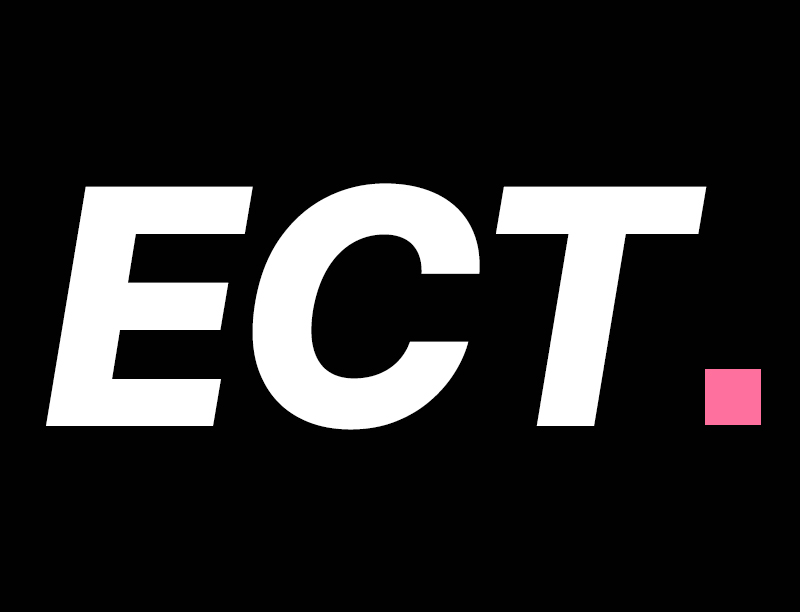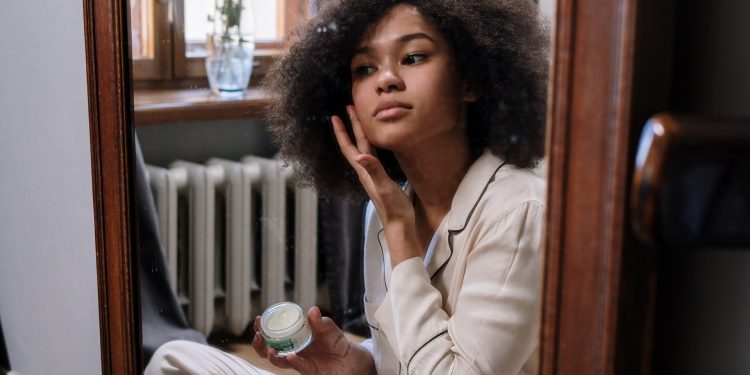Developing the right skincare habits is a tricky game we all play. Between figuring out our skin type, having to learn what ingredients are safe to use, and running through years worth of trial and error, getting a good routine down can be a pretty daunting task.
This is especially true when you finally do find a solid combination that works for you, only to discover that you might not be practicing the healthiest skincare habits as far as long-term impact is concerned.
What’s a girl to do? While I can’t help you correct every little issue in your routine, I can put you on game and show you some of the sneaky skincare missteps you could be making at this very moment! Here are 4 skincare habits that may be doing more harm than good.
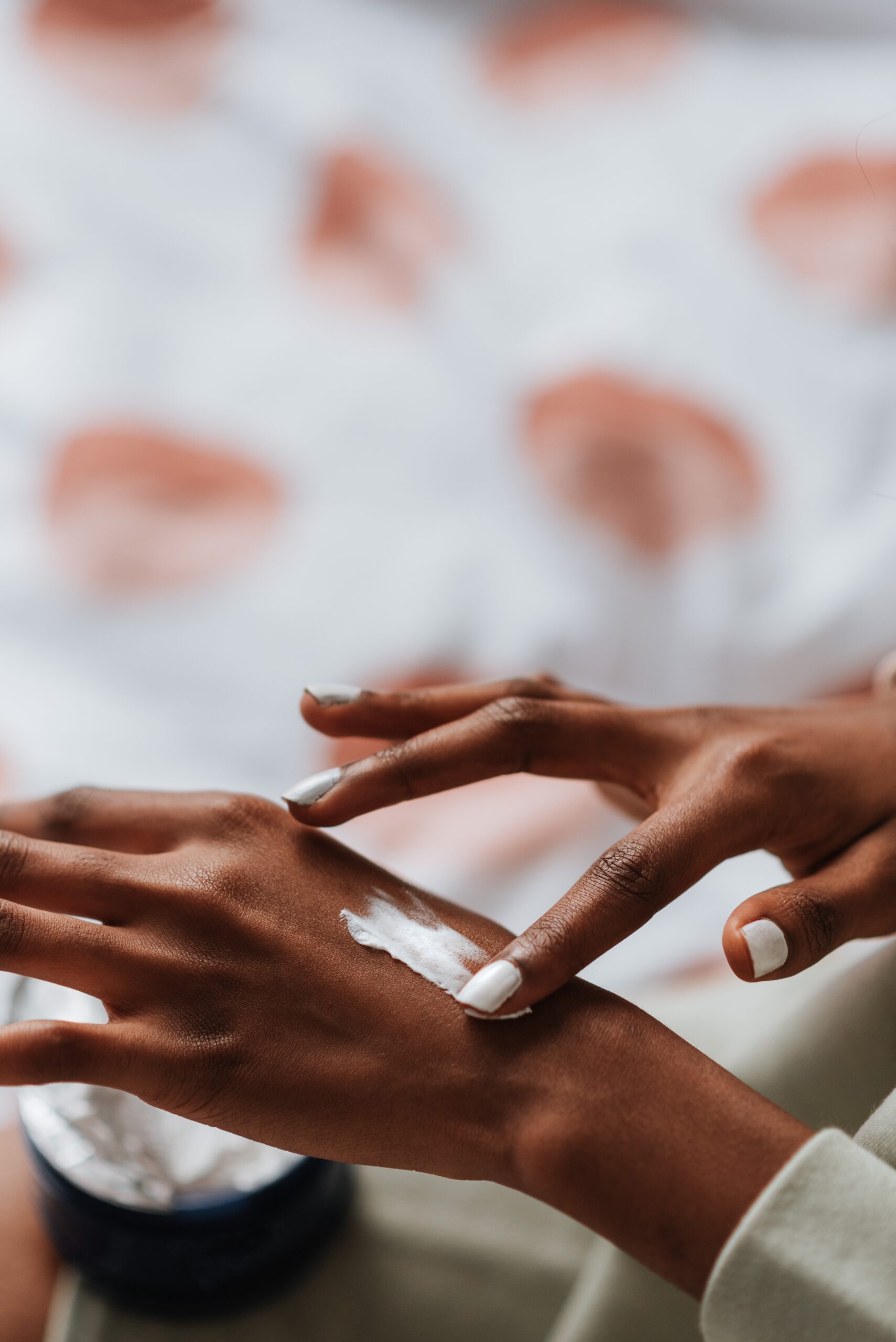
Using physical exfoliants like walnut and apricot scrubs on your face.
Do you remember when a brand who shall not be named came out with an oh-so-popular apricot scrub that nearly every beauty influencer and skincare novice was using at one point? It was a thick, brown paste that was supposed to wash all your dead skin away and reveal a clean and clear layer of new skin underneath.
Well as it turns out, this particular scrub—and many like it—actually caused more problems than it solved. The biggest issue with the scrub is that it was far too abrasive, which brings me to harmful skincare habit number one: relying on harsh physical exfoliants to remove dead skin from your face.
If you don’t know, a physical exfoliant is a product that uses ingredients such as salt, sugar, or fragments from nuts, shells, or fruit pits to remove dead skin and impurities. The catch here is that these scrubs tend to make your skin feel smooth almost immediately.
However, what you don’t see is that constantly rubbing those rough physical elements on your face is actually doing more scraping and scarring than exfoliating. And if you have mild to severe skin conditions such as eczema, acne, or even excessively dry skin, physical exfoliants will make managing it considerably worse.
So, simply stop using them. Instead, educate yourself on chemical and enzyme exfoliation and move from there. This may sound complicated, but it’s not. Once you know what key ingredients to look for in your cleansers and moisturizers, you’ll be able to kick this particular skincare habit to the curb!
Going all natural with skincare ingredients—but still doing the wrong things.
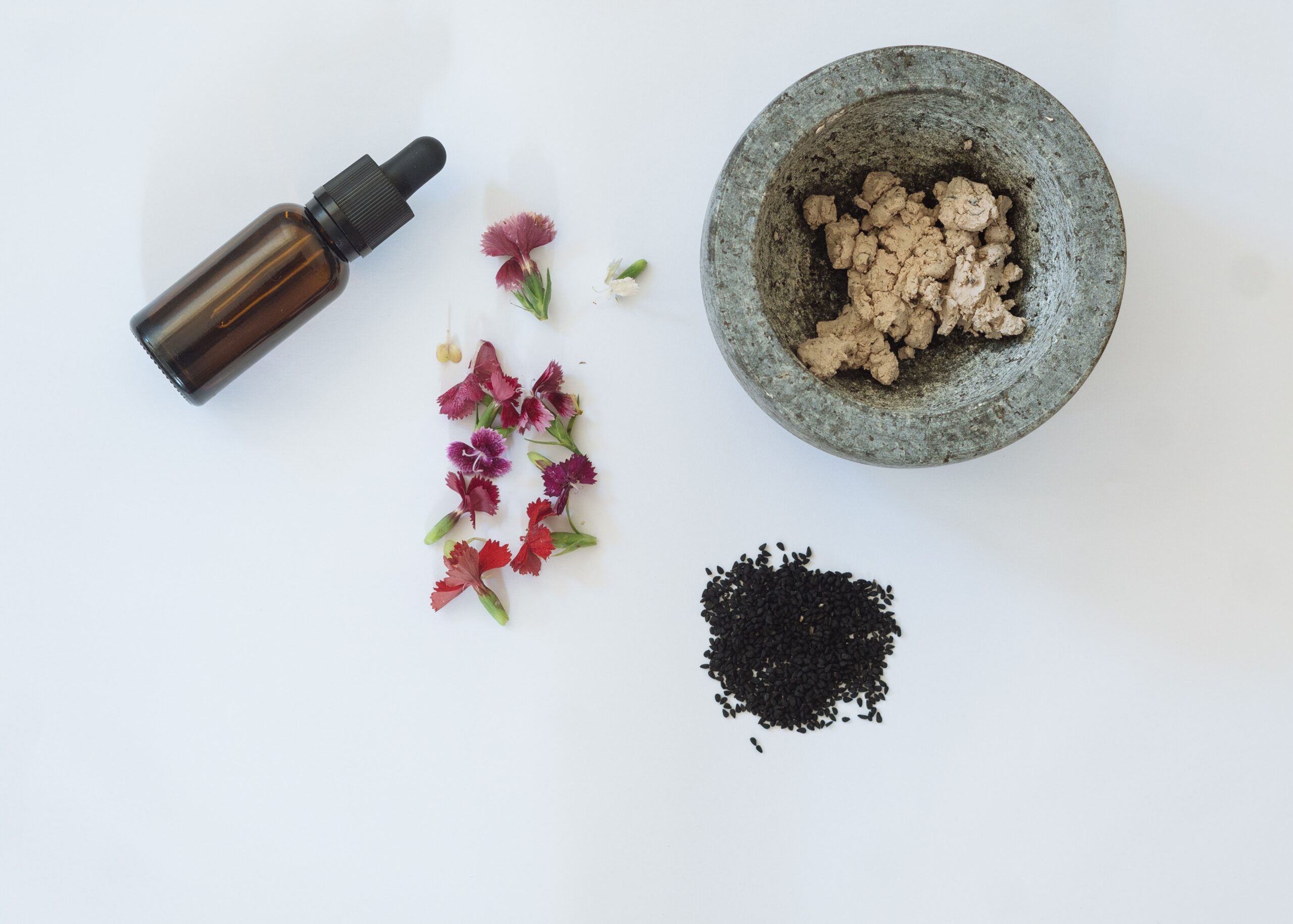
I am, perhaps, one of the biggest proponents for “natural is good” for nearly everything in life. In fact, I even think all natural ingredients such as aloe vera, honey, bentonite clay, and tea tree oil are great additions to your skincare regimens and routines.
However, something being “natural” does not mean that you can go crazy with your skincare habits. Like everything else, there are some very clear dos and don’ts you must follow before you go putting any and everything on your face.
Find out what each ingredient actually does, and not just what they’re used for. For example, you may be using aloe and witch hazel together. They treat different things, but they are both astringents. Meaning that they work to remove impurities and oil, and using them together or in excess could dry out your face. So, please do the research.
And also keep in mind that just because you can’t pronounce it, doesn’t mean it’s bad. You may see words like ascorbic acid or curcuma longa and freak out because you don’t know what they are, but girl those are just the formal names for vitamin C and turmeric.
You see? There’s a little more work involved in “all-natural” skincare than you think. And to be frank, some of those products you’re avoiding might actually be more natural than you think and better formulated than any DIY mask you’re doing at the moment.
Using cold or hot water instead of just keeping it warm.
One skincare habit (more like a myth) that has been following us throughout life is that cold water closes the pores which is important to prevent clogging them with impurities. The truth? Pores cannot be opened and closed, but they can be minimized.
And even then, cold water alone is not going to do all of that. So unless you’re splashing cold water on your face for a good pick me up in the morning, you’d be okay to skip that chilly aspect of your routine.
Similarly, the idea that it’s a good idea to use steaming, hot water during your routine is a worthwhile skincare habit to hold onto is also wrong. Hot water does nothing but dry your skin out by robbing you of moisture and natural oils that you need.
If you love your skin and don’t want to waste anymore time on the wrong methods, please ditch the extremes and stick with warm water! It’s far more comfortable than cold, doesn’t dry you out like hot, and effectively removes the impurities with no problem.
Not properly following up morning exfoliation.
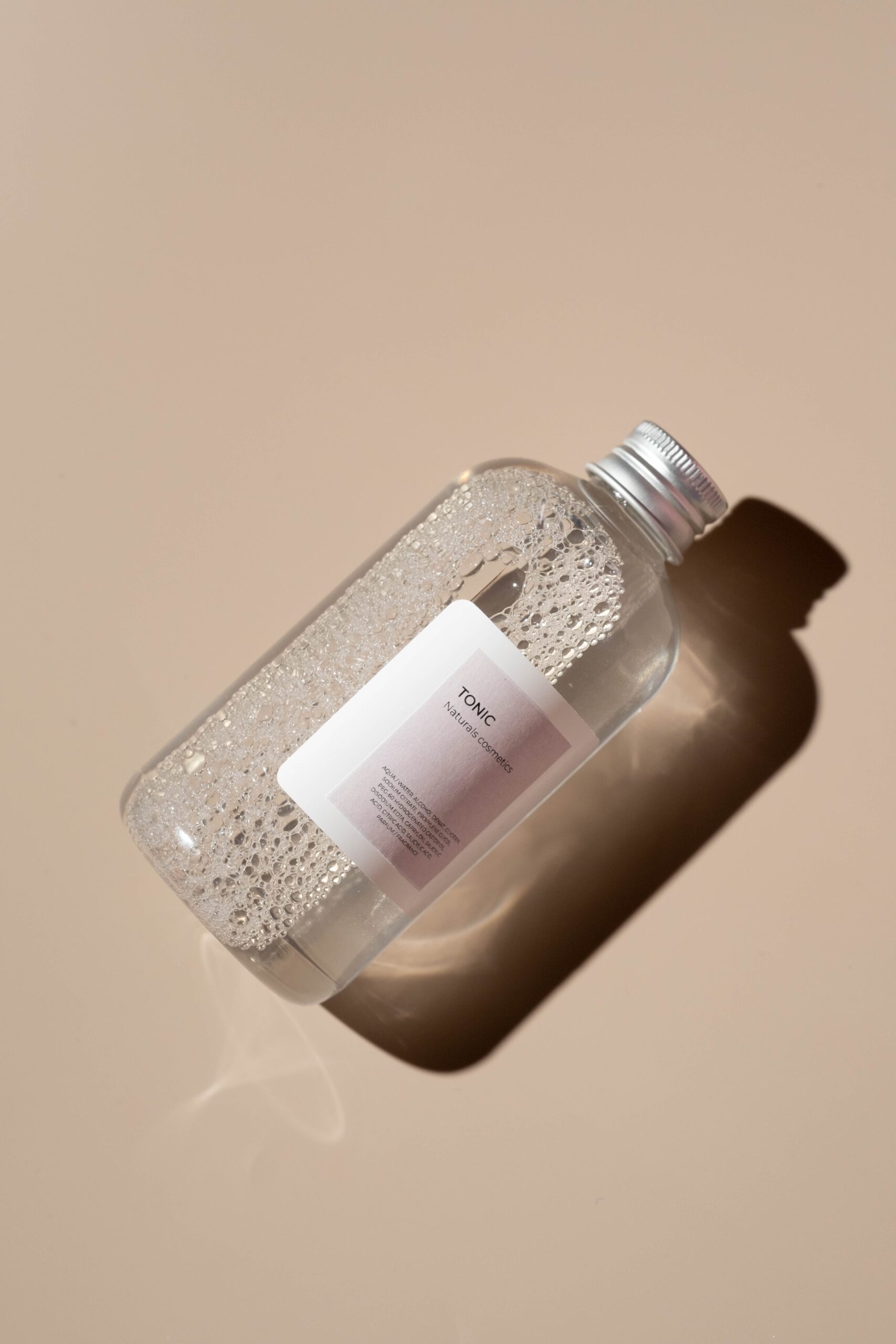
This skincare habit is one we’ve all done at some point, and probably still do: not putting on sunscreen or further protecting your skin after exfoliating. And while it isn’t something that is particularly well-known, it’s certainly one of the most important issues to fix—especially for those of you who struggle with dark spots and hyperpigmentation.
Because you’re removing layers of dead skin when you exfoliate, that fresh, new layer of skin you’re working with tends to be on the vulnerable side.
This is why it’s super important to properly moisturize and put on SPF before you leave the house because the sun will have a field day with your skin; darkening hyperpigmentation and even offering up some mild, albeit uncomfortable, burns.
The solution for this skincare habit is relatively simple: don’t over-exfoliate, don’t put on more than one chemical exfoliant, and wear sunscreen over SPF 35. Follow all of these skincare dos, avoid the don’ts, and you should be good to go.

